A Visit to a Village Liberated from Russian Occupation
On August 2-4, 2023, the Custos of the Provincial Custody of the Holy Cross in Ukraine, Friar Stanisław KAWA, traveled with a food aid transport to the village of Dovhenke in the Kharkiv Oblast in northeastern Ukraine. Dovhenke lies more than 1,300 km [808 mi] from the Polish border, but only 60 km. [37 mi] from the Russian border.
The aid transport was divided into two shipments. Some of the goods, such as cleaning products, sleeping bags and a generator were sent by the friary in Lviv. However, the food items were purchased in Kremenchuk where our friars are located. They have been running a soup kitchen there for several years, which daily provides food to the poor and homeless inhabitants of the city.
In the early morning hours of August 3, 2023, the Custos traveled with a shipment of humanitarian aid to the Izjum area. Contrary to earlier fears, the trip went without any major problems. There were only a few times when it was necessary to look for detours because a road closure by the Ukrainian military or a because a bridge had been destroyed. At military checkpoints, the courtesy and kindness of the soldiers were evident as they checked documents and inspected the goods being transported.
Before the war, the village of Dovhenke had a population of eight hundred. There was an elementary school and dozens of houses. At the beginning of the war, almost everyone in the village fled. Only two women survived the year-long occupation by the Russian army. During that time, the fighting and rocket fire lasted five months.
During the occupation, all the buildings were first looted and then destroyed. Some buildings and cars were burned, along with any agricultural equipment that could not be hauled away.
The village is now cut off from supplies of gas and electricity. Its wells have been contaminated and the water made undrinkable. The retreating Russian army planted mines in the surrounding farmland. There are also many unexploded munitions and other hazards around the houses. There you will find not only anti-personnel mines but also anti-tank mines, as well as various types of trip lines or hooks attached to grenades or other explosives.
After the occupation, twelve men, between the ages of thirty and sixty, returned to the village. They are clearing mines from their fields and rebuilding their houses. Two men have already been killed carrying out these voluntary de-mining efforts in the area. The villagers depend entirely on humanitarian aid. Thanks to the involvement of volunteers, drinking water is brought to the village once a week by fire brigade units.
At the entrance to the village of Dovhenke, the residents have put up a billboard which reads, “The Village of Dovheńke: We all dream of returning home. Unfortunately, our village is completely destroyed. Please help us rebuild it.”
The war landscape is characterized by trees cut in half, ruined houses, damaged roofs, destroyed bridges and roads, and bomb craters. Burnt wrecks of cars and military equipment can be seen along the roads and in the fields. Added to this landscape is the odor of burning, which lingers in the air despite the passage of time. In some places, the unpleasant odor is mixed with the scent of tall grasses and meadows in fields that have not been cultivated for two years. The smell of war is similar to that of an old stove or an old fireplace, in which any unburned material begins to rot and rusty liquid seeps out. The postwar areas are a very depressing sight.
Before the war, the village was typically agricultural: the residents farmed the land, raised livestock and tended vegetable gardens. Today, the land lies fallow because plowing it risks death. Furthermore, the roadsides are mined and therefore it is best not to leave the road or move away from the car or buildings. It is also dangerous to collect firewood in the brush, as the signs near the buildings indicate.
From time to time, local people receive financial support from international organizations. Someone received 2,000 UAH (50 euros), someone else got four corrugated roofing sheets to cover an entire house. The village was liberated a few months ago, yet so far, only one house has been covered in blue roofing sheets.
Although the villagers have been able to take a degree of refuge in nearby towns, everyone, despite the perils they face, dreams of returning to their homes. Those who have already managed to return are well organized and full of enthusiasm.
The humanitarian aid transport to the newly liberated areas has been made possible by financial support from the Conventual Franciscans and from benefactors around the world. Because they have been so generous, we have something to give the needy and war-torn.
Of course, this was not our first transport under these circumstances. We have previously delivered humanitarian aid sent from Lviv to Boryspil, Mats’kivtsi and Kremenchuk. From there, it was distributed to other locations by volunteers and friars.
The journey east was very dangerous because the border areas don’t have sirens that could give advance warning of an attack. Nevertheless, everything went smoothly. It was a good and productive operation. The Custos was pleased to have personally witnessed what life looks like for the people in the liberated areas and is already planning his next trip.
Friar Stanisław PĘKALA, Custodial Secretary






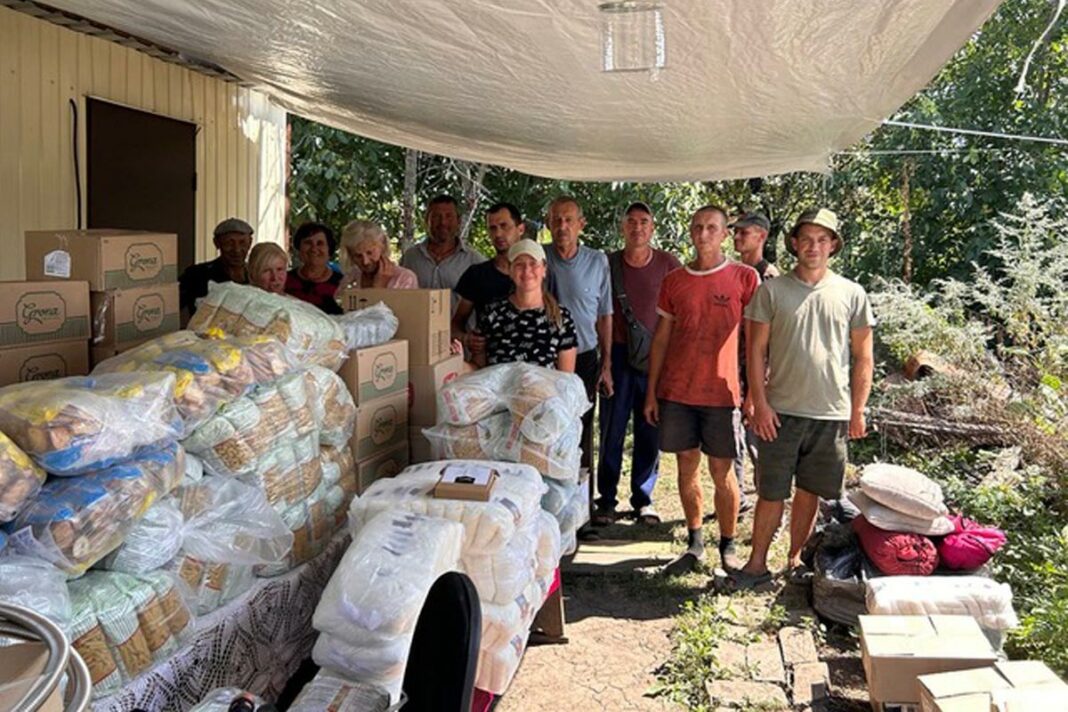
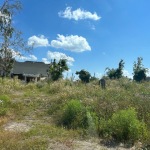
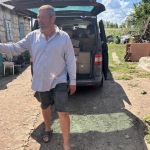
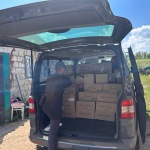
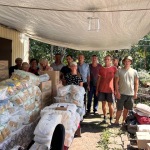
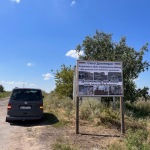
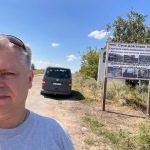
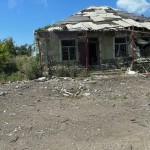
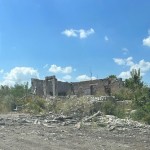
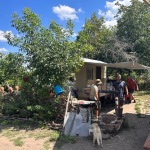
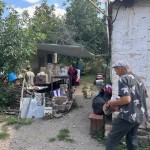
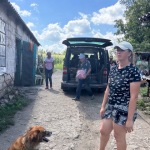
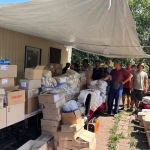





![Interview Regarding Pope Sixtus V [Felice Peretti] (1585-1590) Fra Domenico (Mimmo) CASTIGLIONE](https://www.ofmconv.net/wp-content/uploads/2024/04/d-06-02-24-02-150x150.jpg)

